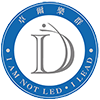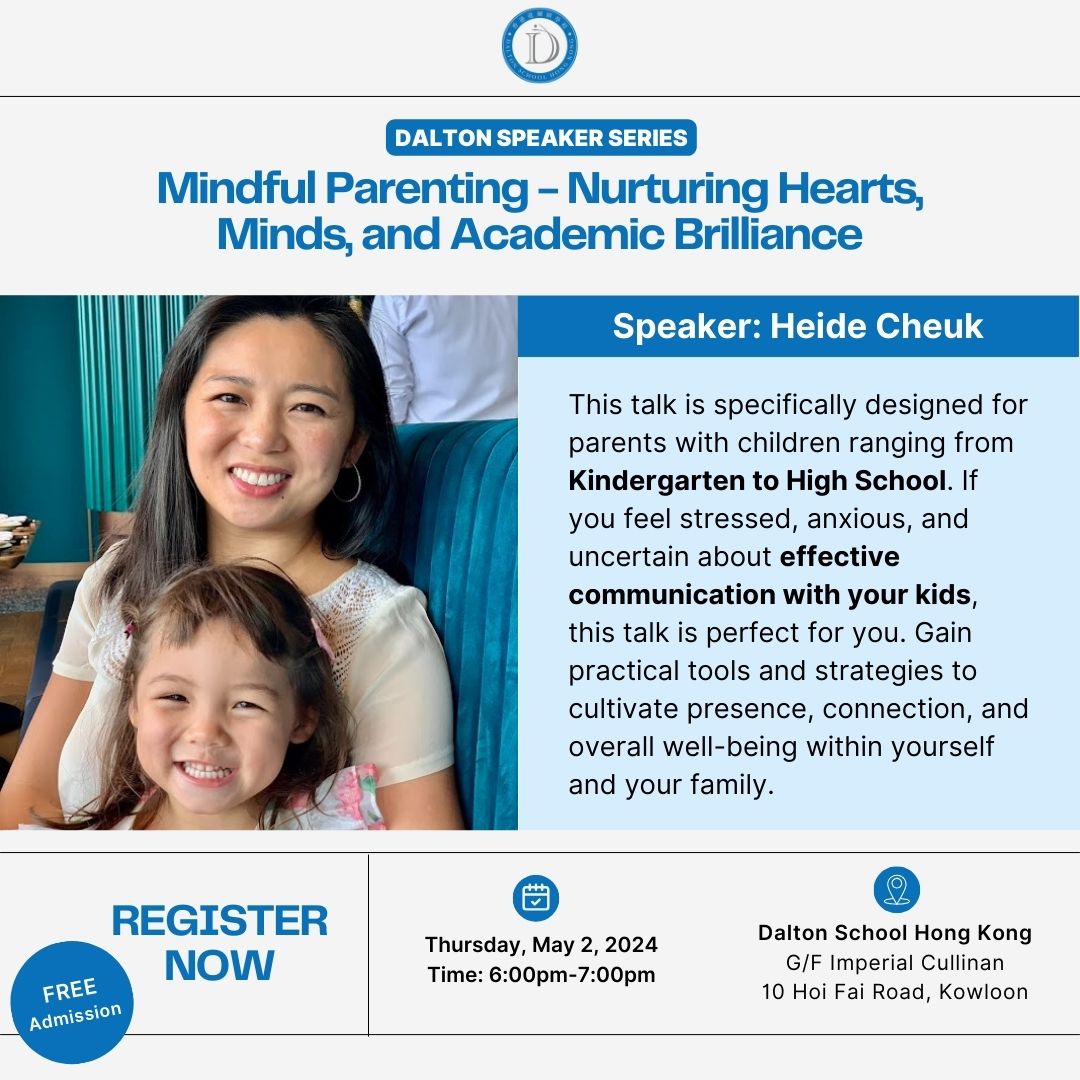Primary
Subjects
DSHK adopts the language learning goals of Tsinghua Primary School to provide students with a high-level Chinese language education. The Tsinghua Primary School language curriculum focuses on three main language learning goals: nurturing students to be thoughtful individuals with Chinese values, good eloquence, good handwriting, and good writing ability, including reading and writing. In addition, students need to integrate knowledge through research, application and reflection, and embody comprehensive language abilities. DSHK students meet high standards for Chinese language proficiency through various teaching methods, such as the Reader’s Workshop, the Writer’s Workshop, and drama education, to achieve high-level oral and written communication abilities in Chinese. DSHK also encourages students to read from an early age and cultivate good reading habits.
Dalton students learn Chinese language through the thoughtful and rigorous use of the Tsinghua textbook in a student-centered, bilingual environment, while balancing the best practices for language development. Students make Chinese language learning fun and engaging through textbook exercises, classroom activities, games, social interactions, and story exploration. Students also participate in various competitions such as recitation festivals, reading competitions inside and outside of school, and essay competitions to showcase and affirm their Chinese language proficiency.
DSHK utilizes a balanced literacy approach to English language learning that emphasizes four key areas: reading development, writing development, oral language development (speaking and listening), and word study (etymology, morphology, phonics, and phonemic awareness). The balanced literacy approach consists of using multiple methods to teach literacy, e.g. word study, read aloud, shared reading/writing, guided reading/writing, and Columbia University Teachers College Reader’s Workshop and Writer’s Workshop. These areas of language focus are woven into our units of inquiry, as students read, write, speak, and listen in service of finding out more and taking action around a topic of study.
Beginning English language learners develop an awareness of the smallest units of sound, phonemes (phonemic awareness), and learn how these sounds create syllables and eventually words (phonological awareness) through word study and read alouds. Starting in Reception, Dalton students also engage in reading and writing studies related to craft, process, and genre. Students explore books and make connections with their own writing, becoming readers who read as a way to understand the world better, and writers who harness language to communicate with specific audiences. Dalton English language learners progress along a writing continuum that ensures growth in content, process, mechanics and conventions, as well as attitude and self-reflection. During one-on-one, small group, and whole class interactions, students also practice their speaking and listening skills with guided support and scaffolding from teachers. Students demonstrate progress according to linguistic complexity, vocabulary usage, and language control.
S.T.E.A.M.
At DSHK, we use an integrative approach to teaching Science, Technology, Engineering, Art, and Mathematics. In order to blend and integrate these separate disciplines, we focus on thinking habits, process, and big ideas/enduring understandings. Therefore, topics are not taught in isolation- they are taught through a thinking process that allows students to think, discover, and create.
DSHK mathematics program uses a student-centered, problem-solving approach that focuses on developing students’ mathematical habits of mind to reason, visualize, take risks, conjecture, communicate ideas, think flexibly, and apply knowledge in contexts that ultimately increases their interest in mathematics and promotes talk and collaboration. DSHK students are trusted and encouraged to pose problems, generate unique solutions, and question, “What if?” to instill a belief that they can use mathematics to solve future unknown global challenges.
The DSHK mathematics curriculum, developed from the United States Common Core State Standards and the Tsinghua University Primary School standards, encapsulates the big ideas or key principles of mathematics. In the DSHK mathematics framework, primary school students grapple with counting and cardinality, numbers and operations within base ten, operations and algebraic thinking, measurement and data, and geometry. Recognizing the rich mathematical traditions of Chinese instruction and embracing current mathematics research, the DSHK mathematics curriculum blends and balances the strengths of both. Our curriculum is structured around real world problems that allow students to make connections across representations and build upon prior knowledge. In addition to our problem-based curriculum, emphasis is placed on developing students’ computational fluency by honoring and valuing self-selected strategies that are efficient, flexible, and accurate (Dowker).
The Science and Engineering Dual Language curriculum emphasizes the importance of experimentation and inquiry. Providing opportunities for our students to try and to fail and to learn from that failure is a critical element to each child’s learning trajectory. Embedded within every curricular unit are structural elements that encourage students to generate questions, design experiments and observe and collect evidence to make sound conclusions. Students engage in active explorations of life, physical and earth science as they make connections to the natural world around them.
As DSHK scientists and engineers, students in the lab are also responsible for collecting materials, conducting experiments, using scientific tools to measure, collect and analyze data, and for reporting their findings back to the group. Our young scientists and engineers record their observations and data in their interactive science notebooks and learn that, as scientists, they have a responsibility to record and share their work. Students share and discuss their findings, add new information to build their understanding and do the authentic work of inquiry.
At DSHK we understand the significant role that technology plays in the life of our students. Our design and technology classes, along with our innovative Makerspace classroom, provide our students with a wide range of design and technology experiences. Each authentic learning experience will inspire our DSHK students and empower them as innovative and creative problem solvers.
DSHK’s art program is designed to foster creativity and imagination to help our students become well-rounded individuals. Our child-centered, innovative art studios provide space for our students develop a depth of knowledge and understanding by exploring various forms of art from different time periods, places and cultures; experimenting with different art media and tools; expressing themselves through studio art, and reflecting on their work, peer’s work and their own growth. Students develop creative problem-solving skills, communication skills, analytical thinking skills, critical and reflective skills and meaning-making skills that can be applied across the subject areas and applied to their daily lives. Drawing, sculpture, painting, wood-working, ceramics are just a few of the visual art mediums that our DSHK artist will experience. Through comprehensive learning experiences, students will investigate art throughout history and across diverse cultures to better understand the vital contribution the arts make to the quality of our lives.
Social Studies and Civics
DSHK places a strong emphasis on Chinese culture, and this includes providing a rich history and civics education. History allows students to understand the traditions of human civilization and analyze the development of human society in order to better understand contemporary Hong Kong, China, and the greater world. DSHK’s approach to history differs from a traditional international school because we start with our students’ culture and use the local context to help bring social studies and civics to life, rather than imposing another country’s system and beliefs upon students. We expect our students to understand their own culture and history and seek to understand and make connections to broader global cultures and histories.
Music
Performing, creating, and responding to music are fundamental music processes in which humans engage. We believe that students learn by doing: singing, playing instruments, moving to music, and creating music. Research has also proven that students with music training have better skills in mathematics, language, reasoning, logic, spatial intelligence, creative thinking, and problem-solving. Our music curriculum consists of the four disciplines of a) listening and responding, b) performing and movement, c) music appreciation, and d) composition.
Drama & Dance
Dance and drama are intellectual, creative and physical art forms that enable students to learn about the richness and diversity of expression and communication. Attending and creating theatre experiences promote self-expression, empathy and collaboration. With the physical body as the means to experiential learning, our program engages children in a variety of classical, post-modern and contemporary dance and theatrical traditions to support individual learning styles, interests and abilities.
Physical Education & Health
Physical education significantly contributes to students’ well-being and is an integral part of our students’ educational experience. High-quality physical education instruction contributes to good health, develops fundamental and advanced motor skills, improves students’ self- confidence, and provides opportunities for increased levels of physical fitness that are associated with high academic achievement. Mastering fundamental movement skills at an early age establishes a foundation that facilitates further motor skill acquisition and gives students increased capacity for a lifetime of successful and enjoyable physical activity experiences.

